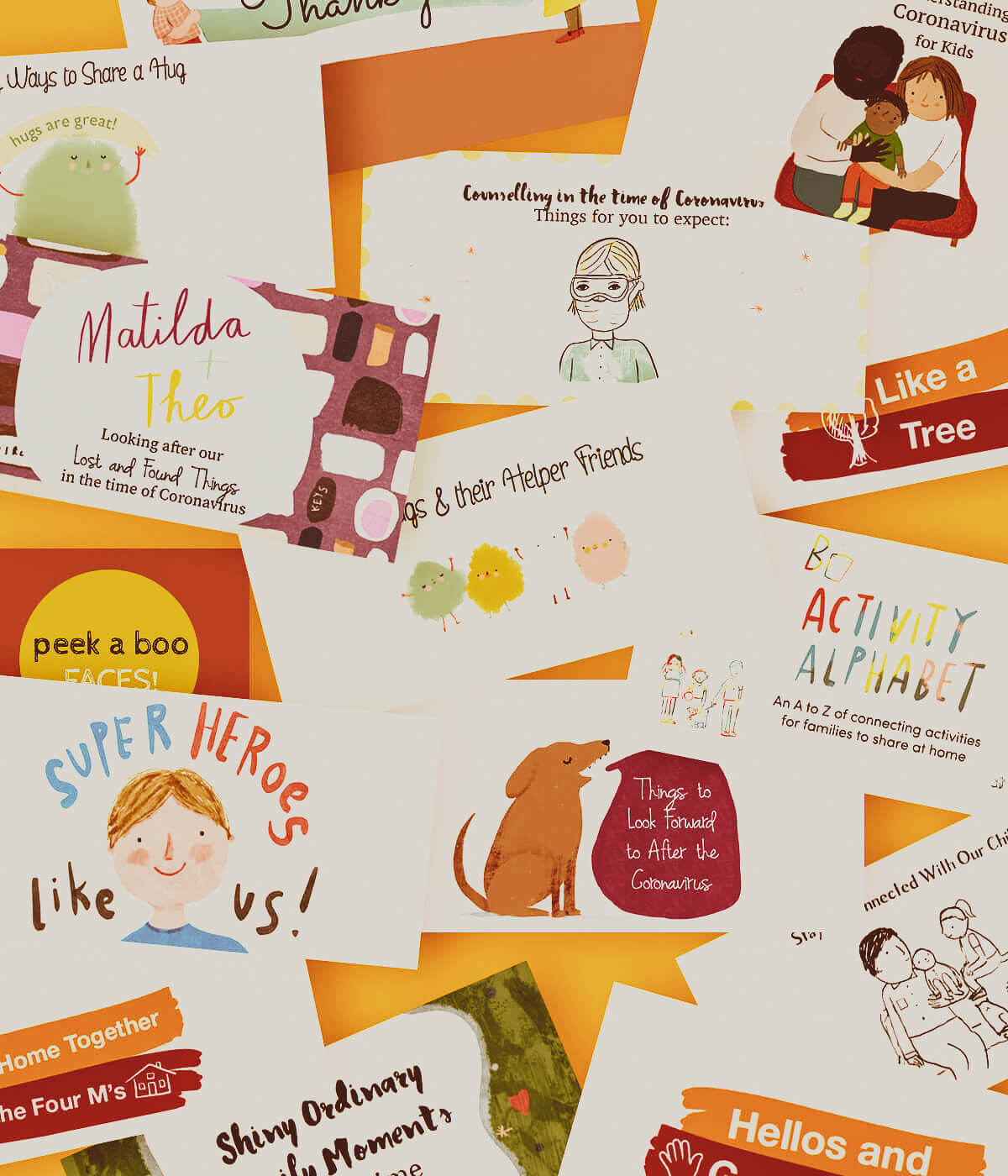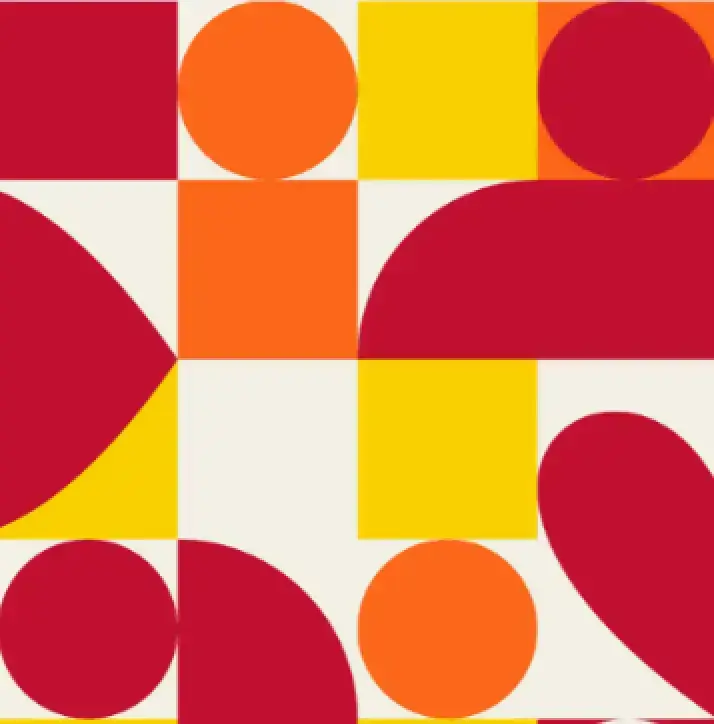
Protecting children is the beginning
—and the catalyst—for healing, for systems transformation, and for intergenerational change.
Learning and resources
Resources and support to keep children and young people safe and help them heal
Access free tools for trauma-informed practice
Become a protective and healing force for children
Stay up to date with our latest research
Practical expert guidance for carers and practitioners
Learning
Bringing Up Great Kids: Foundational Training
Understanding and embedding the Victorian Child Safe Standards and the Reportable Conduct Scheme
Blocked Care: For professionals and practitioners
Build a training program that works for you
Latest
Urgent need for mandatory education in WWCC

Press Release
Victoria Police have today identified a childcare worker, charged with 70 sexual offenses against children in 20 childcare centres across Melbourne – demonstrating the systemic failures in the Working with Children Check (WWCC) scheme that continue to facilitate violence and life-long harm towards children and young people across Australia.
In Conversation with Dr Dan Siegel and Noel MacNamara

International Childhood Trauma Conference news
Watch 30 Minutes of Insight with Dr Dan Siegel — renowned author, educator, and executive director of the Mindsight Institute—whose groundbreaking work in interpersonal neurobiology and mental health has shaped over 100 publications and inspired audiences worldwide.
Business Summit drives action on child safety

On Us Coalition news
The urgency of protecting children in and around business took centre stage last week at the Child Safeguarding in Business Summit.




